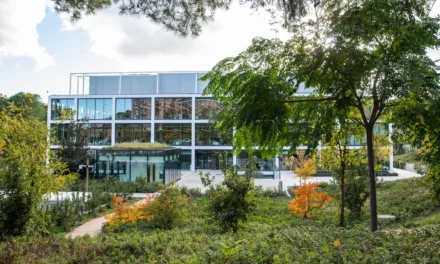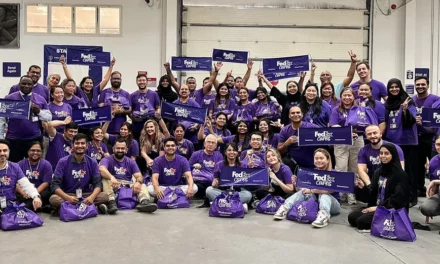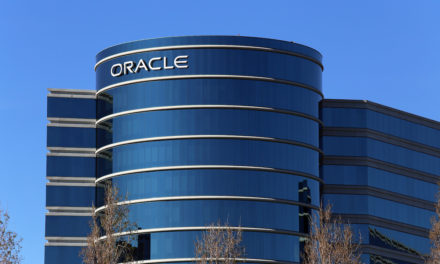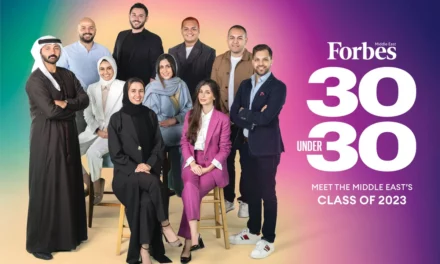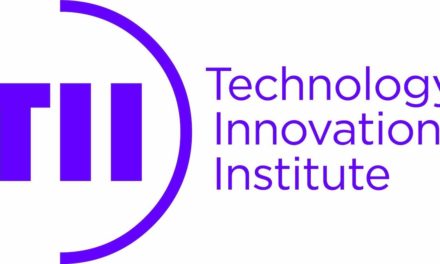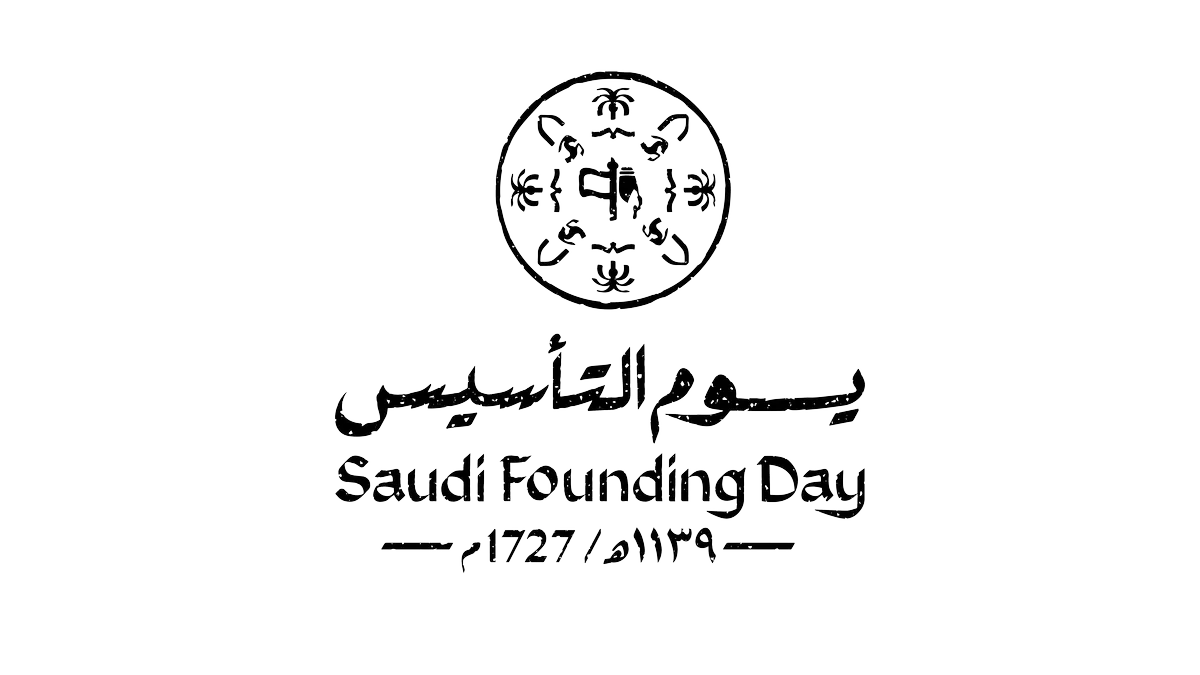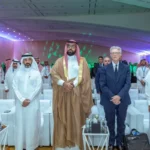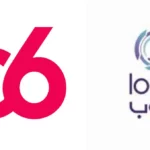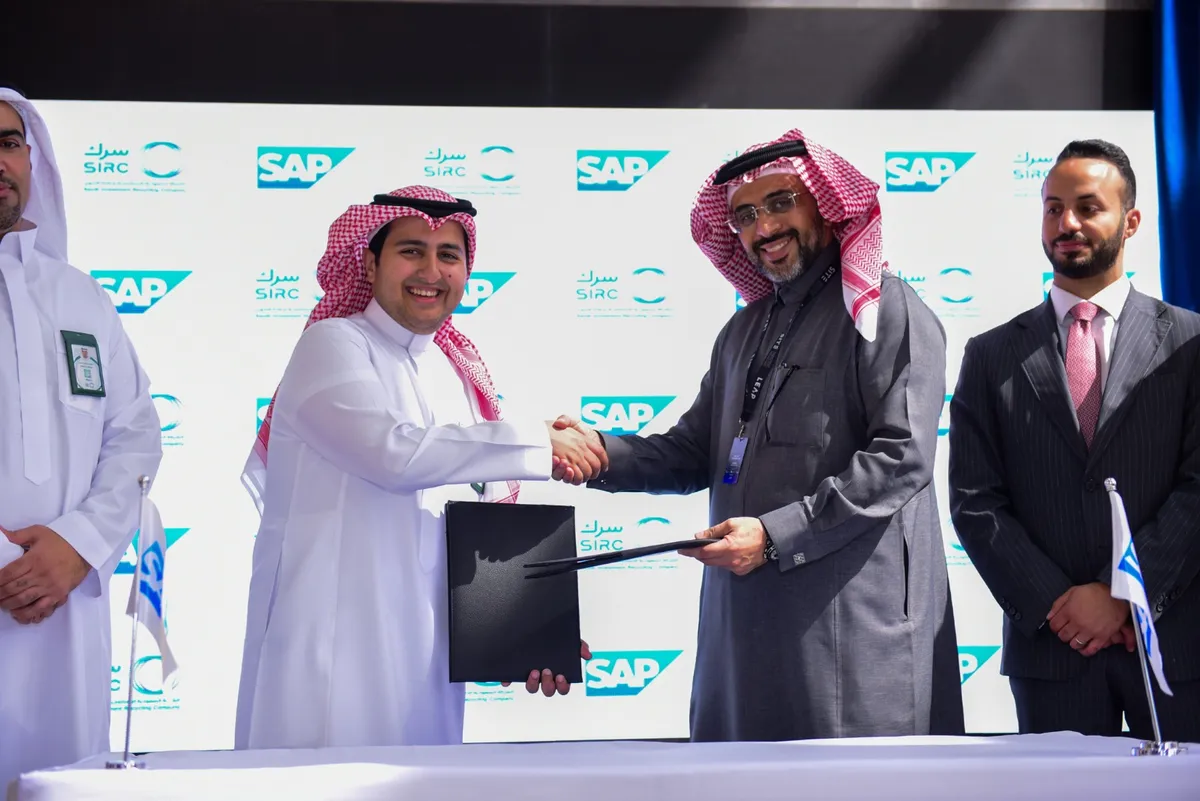
Progressive government policies, collaboration, boosting Saudi’s digital economy


Saudi Arabia’s rapid digital transformation has put Vision 2030 goals within reach. Efforts to modernize the Kingdom’s economy and diversify the pillars of economic growth are bearing fruit, driven by steadfast government support.
A digital economy relies on an advanced ICT infrastructure, and this is where government support has been particularly invaluable. Direct investment in ICT infrastructure, strengthening public-private partnerships, and implementing favorable legislation and policies have led to the rapid progress of this vital sector.
This is evident in the rapid roll-out of 5G in the Kingdom. 5G requires the availability of a frequency spectrum with multiple bands to meet the demand for high capacities and ultra-high speeds. Accordingly, Saudi Arabia freed up large bundles of the frequency spectrum required by wireless telecom operators for 5G.
The Kingdom’s efforts to grant more frequency capacities for 5G have received international praise, most notably from the International Telecommunication Union, which stated that the Kingdom’s progressive actions pave the way for it to emerge as a regional and global leader in fifth-generation technologies.
Beyond consumer services, 5G can meet the digital transformation needs of multiple sectors such as energy, health, and education. The technology allows these sectors to explore new services and applications and raise operational efficiency levels, thus contributing to the growth and diversification of the broader economy.
One of the most prominent examples of 5G’s contribution to the Kingdom’s digital economy is enabling connectivity in Saudi mega projects such as Neom. These cities of the future employ modern technologies to achieve sustainable development goals and contribute to social welfare.
This social impact of 5G is vital as environmental sustainability takes on global urgency. 5G can help reduce carbon emissions and boost the operational efficiency of power plants, for example. Further, using AI or IoT enabled by 5G to collect and analyze energy data helps optimize energy usage for consumers and the industry.
To maximize the impact of 5G on society, it is crucial to increase coordination and integration between public and private sector entities, particularly among academic and research bodies and the public sector on the one hand and industry and tech majors on the other. Such collaboration should lead to joint innovation funds, collaboration on developing technical standards and specifications, and boosting local talent.
A thriving public-private partnership model is emerging in Saudi Arabia, particularly in training and empowering newly graduated engineers with the skills and techniques of modern communication networks. Further, such partnerships support the establishment of ICT labs and innovation centers in universities dedicated to R&D in ICT, supported by global communication network providers.
One model of a private sector contribution to broader societal goals is Huawei’s operations in Saudi Arabia. Apart from providing advanced technologies such as 5G and cloud, the company’s solutions and products in green energy are unlocking new opportunities for a sustainable future. Meanwhile, Huawei’s talent development initiatives empower a new generation of highly skilled youth that moves the Kingdom closer to a sustainable knowledge-based economy. Huawei’s recent announcement at the recently held LEAP conference in Riyadh to open a cloud region in the Kingdom is an additional boost to Saudi’s digital economy.
Given the above, it is necessary to increase cooperation between global tech companies and local stakeholders to maximize the benefits of the digital economy and achieve the ambitious goals of Vision 2030.

